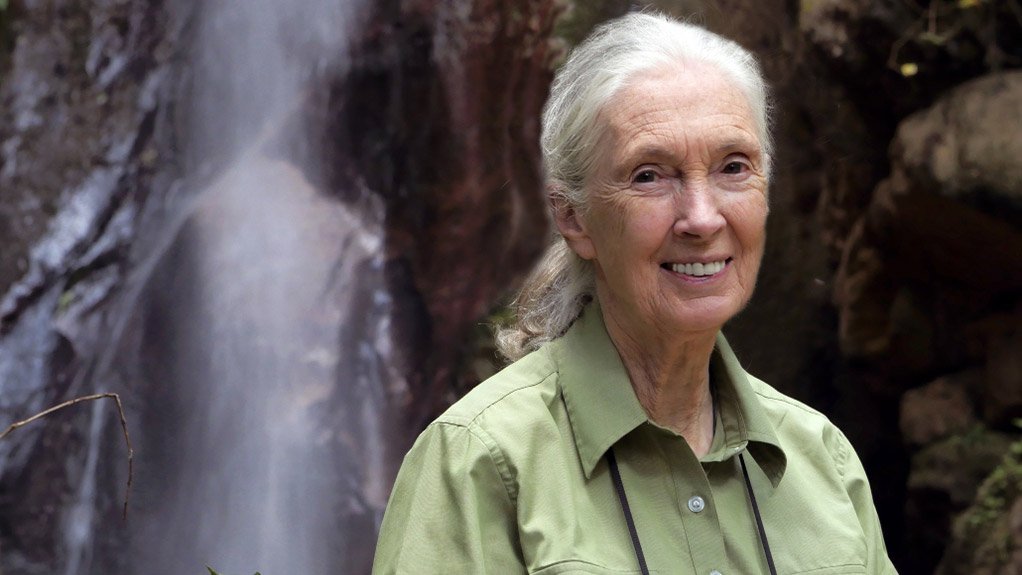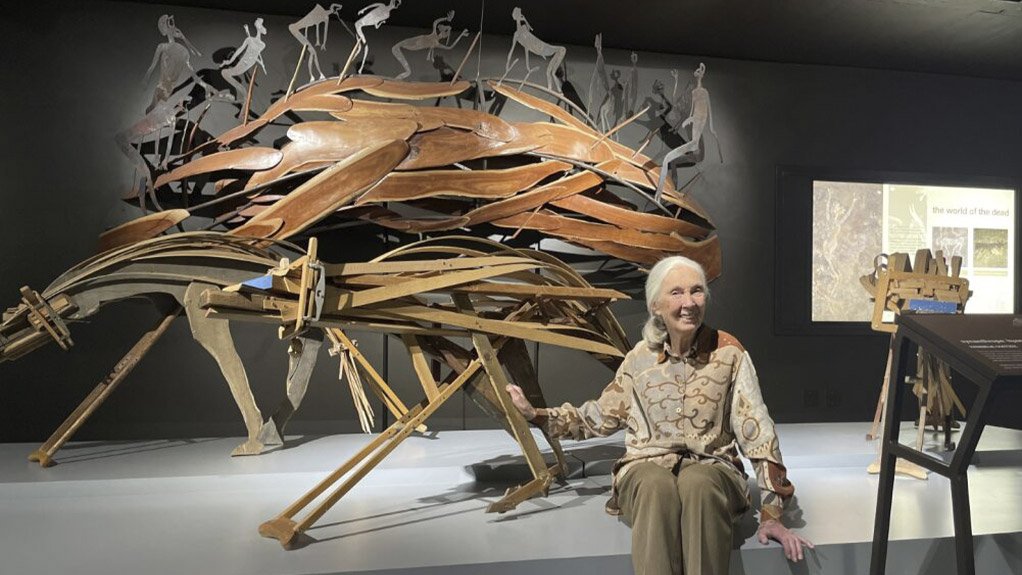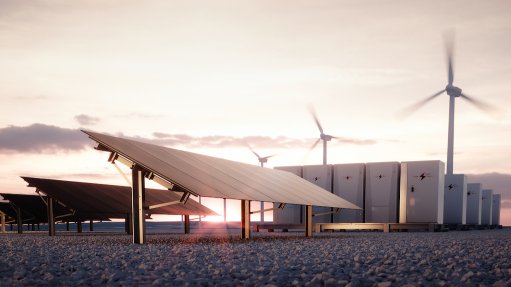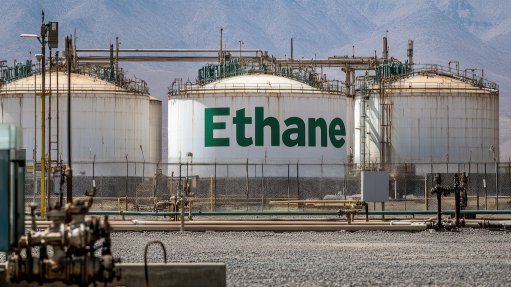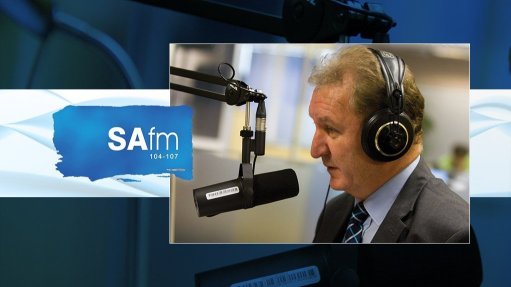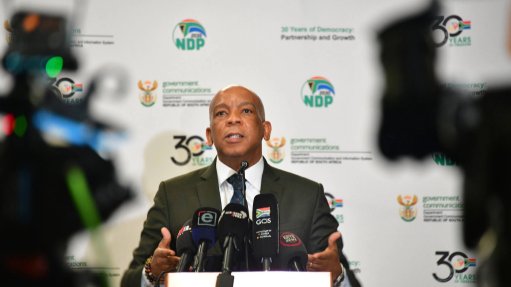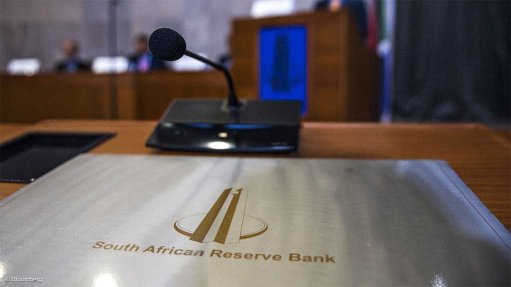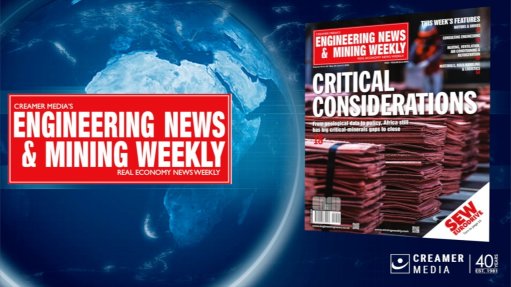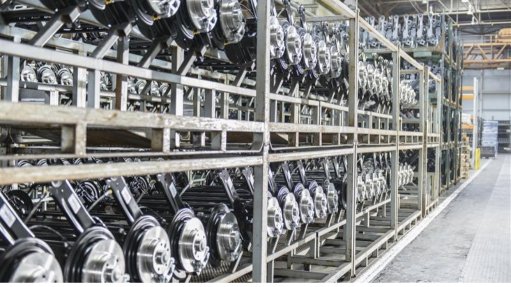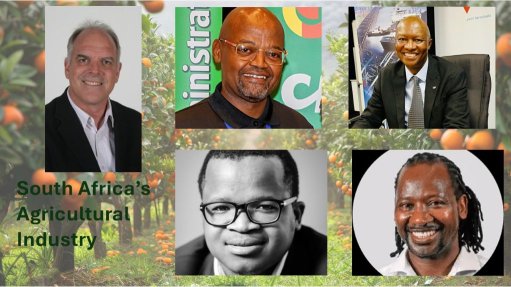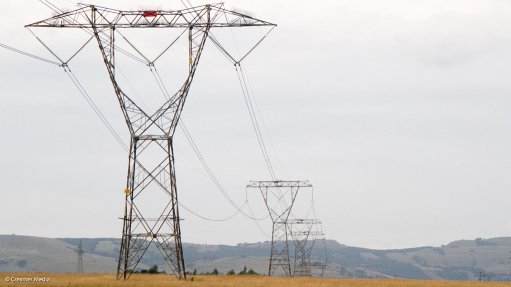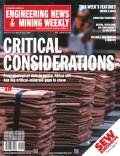‘It’s all about this hope thing’, Jane Goodall tells SA researchers
This article has been supplied.
Yves Vanderhaeghen
The ethologist and environmentalist Dr Jane Goodall thinks big and acts small to solve global problems. “If we can’t save the planet, we can’t save Africa,” she told a select audience of scientists at the Wits Origins Centre in Johannesburg.
Organised by Oppenheimer Generations Research and Conservation, the event, titled “Protect, Manage, Restore”, set up a conversation between Goodall and a panel of local researchers on “co-creating Future ecosystems for Africa”. The evening started with a welcome from Dr Duncan MacFadyen, head of Oppenheimer Generations Research and Conservation, who highlighted the conservation legacy of the Oppenheimer family, followed by an address by Nicky Oppenheimer, introducing Dr Goodall.
All agreed that even if the ultimate objective is conservation, saving ecosystems, reversing species extinction or climate change, engaging with human needs and activities is crucial. “When trying to save ecosystems you start with the people,” said Professor Sally Archibald, who leads the Wits-based Future Ecosystems for Africa programme. Goodall drew on her own experience in support of Archibald. She established her reputation studying chimpanzees at the Gombe Stream National Park in Tanzania, where her work provided insights into the intelligence and similarities between chimpanzees and humans. When she first set foot in the reserve in 1960, it formed part of a large unbroken tract of forest. A decade later, the forest had shrunk to an island in an arid environmental wasteland, trapping the chimpanzees in a habitat that constrained their range and limited their survival chances. But to save the chimps, she approached the villages surrounding the reserve to establish what people needed. In what Goodall says was the first community-led conservation project in the world, programmes were initiated to provide education, agricultural skills, clean water and community development, which eventually led to a rehabilitation of the forest and the survival of the chimpanzees.
In her work in the Niassa Reserve in Mozambique, Archibald noted that it was important not just to create conservation areas, but to find ways of incorporating and managing human activities within them in a way that contributes both to boosting ecosystems and livelihoods. The challenges include the role of cattle and wood harvesting in these conservation environments, and also the expectations of top-end tourists who expect to see unspoilt wilderness and wild animals and who are offended by the sight of human activity. Panellist Fezile Mtsetfwa, who studies the role of elephants in conservation reserves such as the Kruger National Park, added that it is important for the success of such an approach to establish a baseline of sustainability for wood harvesting. Furthermore, it was important to advise communities on how managing resources entailed an understanding the important role of fire, and elephants themselves, in ecosystem health.
Picking up on this more complex, and for many counter-intuitive, view of conservation, fellow panellist and FEFA researcher Dr Odirilwe Selimane, an agricultural economist based at the University of Pretoria, asked the question: “Are we using land correctly?” In gauging this, he suggested two approaches. The first is to use a nexus assessment of the interlinkages between biodiversity, water, food and health and how policy and practice tilt the balance to the benefit or detriment of any of these factors. On the whole, he said, food production gets prioritised, sometimes in a way which harms water security and biodiversity. And so, if the nexus assessment gives a nett negative result, the land is being used incorrectly, and if positive, then it is being used correctly.
The second important factor is to start from an understanding that conservation and development don’t need to be separate, and then ask how the flow of money (into development for example) is influencing the social and natural landscape. As things stand, said Selimane, global funding flows 140 times more towards “nature-eroding” investments, as opposed to “nature-building” investments.
Money, the panellists agreed, is crucial to saving the environment and reversing climate change. With a flash of anger, Goodall said that “if we took the money from the wars and armaments we could solve all the poverty and conservation problems”. Her vehement opposition to warmongering extends to whom she accepts funding from for the operations of the Jane Goodall Institute, and she said she had recently rejected an offer of money from the gun manufacturer Glock.
Archibald said that “the world has woken up to the biodiversity crisis, and so funding is becoming more available”. She said that scientists could provide a valuable role in directing the funding towards projects where the evidence suggests positive change can be made. Scientists, she said, should highlight what can be done, and engage with solutions even at the level of small landowners.
Goodall, in turn, is channelling her energies into youth programmes. “Horrified” at the thought of what climate change will do, she nevertheless believes “we have a window of time to slow climate change and biodiversity loss. There are big problems to solve, but the good news is that people are working on solutions, but they need collaborations.”.
In her address to the audience after the panel discussion, Goodall emphasised that “it’s all about this hope thing”. She said that her message to young people was, “yes, we have harmed your future, but you can do something”. She strongly advocates consumer choice as a way of forcing businesses to operate in ways more beneficial to overall survival and wellbeing. The audience had a first-hand insight into this when they were told not to drink their water out of plastic bottles as Goodall was strongly opposed to plastics because of their harmfulness.
She said in conclusion that she vests her hope for the future on several things, including the resilience of nature (“in spite of us”), time (and help) which will bring nature and animals back from the brink, and innovation.
And above all, humanity’s “indomitable spirit”, a quality that sums up her own pioneering and crusading efforts in conservation for over 60 years.
Yves Vanderhaeghen writes for Jive Media Africa, science communication partner of Oppenheimer Generation Research and Conservation.
![]()
Comments
Announcements
What's On
Subscribe to improve your user experience...
Option 1 (equivalent of R125 a month):
Receive a weekly copy of Creamer Media's Engineering News & Mining Weekly magazine
(print copy for those in South Africa and e-magazine for those outside of South Africa)
Receive daily email newsletters
Access to full search results
Access archive of magazine back copies
Access to Projects in Progress
Access to ONE Research Report of your choice in PDF format
Option 2 (equivalent of R375 a month):
All benefits from Option 1
PLUS
Access to Creamer Media's Research Channel Africa for ALL Research Reports, in PDF format, on various industrial and mining sectors
including Electricity; Water; Energy Transition; Hydrogen; Roads, Rail and Ports; Coal; Gold; Platinum; Battery Metals; etc.
Already a subscriber?
Forgotten your password?
Receive weekly copy of Creamer Media's Engineering News & Mining Weekly magazine (print copy for those in South Africa and e-magazine for those outside of South Africa)
➕
Recieve daily email newsletters
➕
Access to full search results
➕
Access archive of magazine back copies
➕
Access to Projects in Progress
➕
Access to ONE Research Report of your choice in PDF format
RESEARCH CHANNEL AFRICA
R4500 (equivalent of R375 a month)
SUBSCRIBEAll benefits from Option 1
➕
Access to Creamer Media's Research Channel Africa for ALL Research Reports on various industrial and mining sectors, in PDF format, including on:
Electricity
➕
Water
➕
Energy Transition
➕
Hydrogen
➕
Roads, Rail and Ports
➕
Coal
➕
Gold
➕
Platinum
➕
Battery Metals
➕
etc.
Receive all benefits from Option 1 or Option 2 delivered to numerous people at your company
➕
Multiple User names and Passwords for simultaneous log-ins
➕
Intranet integration access to all in your organisation



